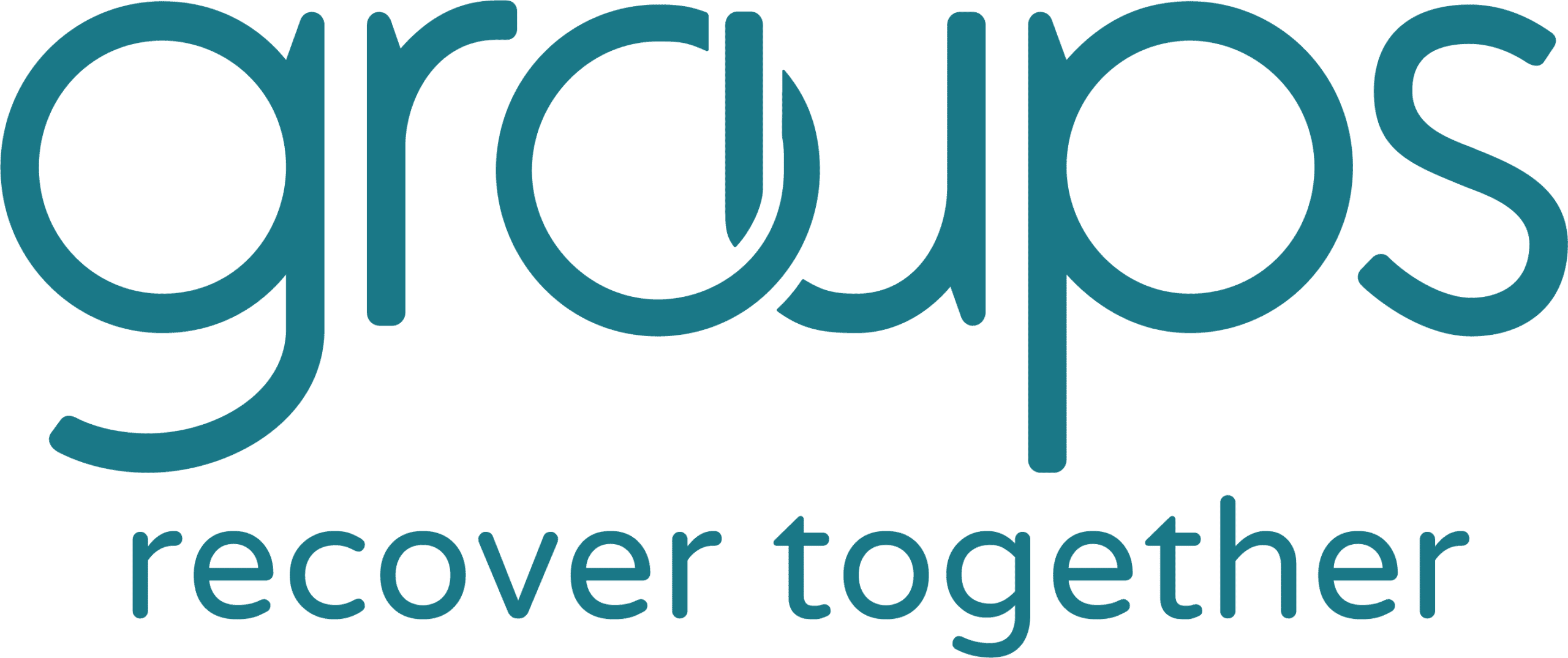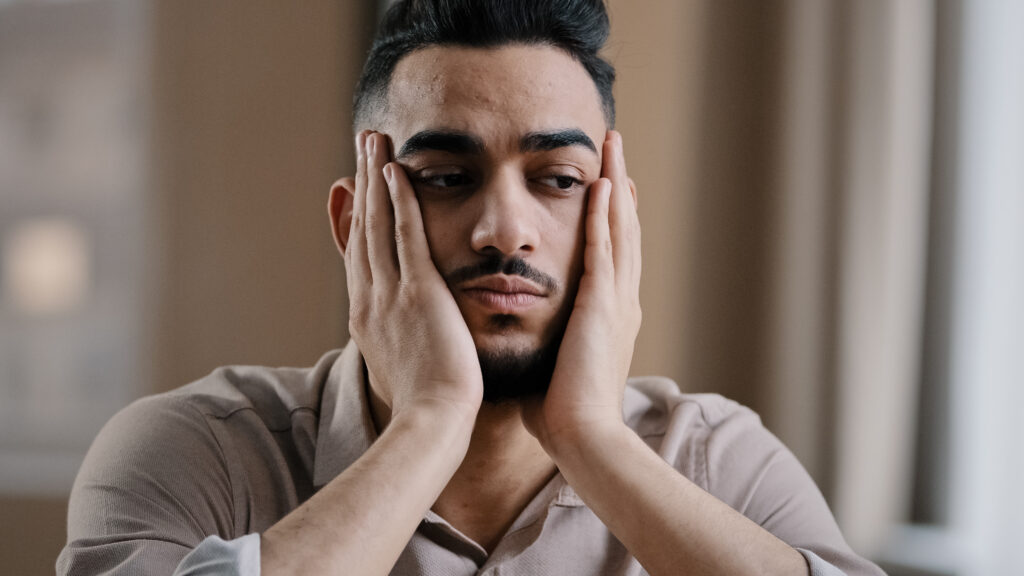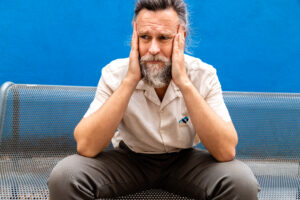Recovery from opioid use disorder (OUD) isn’t a race that has a finish line. It’s a journey that continues as you navigate the roadblocks that can pop up along the way. Reaching recovery is a milestone that you should be proud of. And since sustainable recovery is often the goal, adding lifestyle tips and changing some habits can help you maintain your progress.
Sustainable recovery can involve different approaches, such as medication and therapy, and lifestyle choices and daily practices can make a difference as well. By making changes that you consistently keep up with, you may be more likely to see long-term improvements that help your recovery journey.
In this blog post, we’ll share healthy lifestyle tips to keep in mind when striving for sustainable recovery. We’ll also discuss how Groups can help you maintain those habits and give you the skills you need to reach your recovery goals.
5 healthy lifestyle tips to help you with sustainable recovery
Every person going through OUD recovery has their own circumstances, medical needs, and resources. Some lifestyle adjustments might help one person more than another. Talk to your health care providers and recovery counselors to be sure that you’re picking the right lifestyle adjustments for you.
Here are five healthy tips and daily practices worth incorporating into your lifestyle for lasting opioid recovery:
- Practice mindfulness regularly
Recovery can bring a lot of negative emotions because your brain is trying to get used to not having opioids, which impact your mood regulation. You may experience anxiety, frustration, and sadness. A mindfulness relaxation technique can help you calm your body and slow down your thoughts.
Mindfulness is a type of meditation that allows you to focus on the present. Practicing mindfulness can help you reduce negative self-talk, feel content with your reality at the moment without opioids, and manage stress that may tempt you to use again.
Mindful practices that you can add into your routine include:
- Body scanning
- Guided imagery
- Mindful breathing
- Find an enjoyable activity (and keep doing it)
The mental, emotional, and physical stress of recovery can sometimes make it difficult to find the positives in life. By doing an activity or hobby that brings you joy, you can boost your overall mood while feeling relaxed. When you know there are activities that you enjoy, it may be easier to fit them into your regular schedule.
Participating in a hobby or activity can also give you a sense of purpose and accomplishment while providing ways to connect with others.
Examples may include:
- Painting
- Gardening
- Photography
- Playing a recreational sport
- Maintain a routine
Sustaining recovery means getting used to a “new normal” without using opioids. It can be helpful to establish a routine, and stick to it, as a way to feel safe and keep healthy habits, like the others we’re discussing. A routine can help you gain a sense of predictability and control over your life, which you may not have felt while experiencing OUD.
Maintaining a routine involves managing your time, completing necessary tasks, and staying focused. Your routine may include:
- How you get ready in the morning (shower, brush your teeth, etc.)
- Waking up and going to sleep at the same time each day
- Doing certain household chores on specific days of the week
- Eat balanced meals
Even when you know that nutrition is important for your physical and mental health, it’s not always easy to keep up with a healthy diet. Did you know that eating a well-rounded diet that includes nutrients like B vitamins and antioxidants can help you maintain recovery? A nutritious diet can improve your mood, including reducing feelings of depression, and give you the energy to maintain your routines.
There are many ways that your body can be impacted while using opioids — for example, a loss of appetite, lack of nutrition, and weight changes. By prioritizing a healthy diet, you may be able to slowly reverse some of the past negative effects of OUD.
- Move your body every day
Everyone can benefit from including exercise in their lifestyle. And when you’re in recovery, moving your body every day can help your mental health just as much as your physical health. Exercise releases “feel-good” hormones, such as endorphins, to improve your mood, as it triggers the same neurotransmitters in your brain that are activated by opioids.
There are many types of exercise that range in intensity, making it easy to adapt to anyone’s physical abilities and schedule. A few possibilities include:
- Daily walks outside
- Dancing
- Lifting weights
- Riding a bike
Groups can provide healthy lifestyle habits for a sustainable recovery
Reaching recovery involves many changes in your life, both big and small. You can put yourself first and gain a sense of accomplishment by maintaining healthy habits. If you’re unsure about what those habits should be, Groups can help you through support meetings and life-goal assistance to help you live the life you want to live
Give our Recovery Support Specialists a call today for more information or to begin your recovery. We provide treatment across the country — and we’re always expanding. See if we offer care in your state, either online or at one of our 130+ local offices. If Groups doesn’t offer treatment in your area, you can locate other treatment options here.




